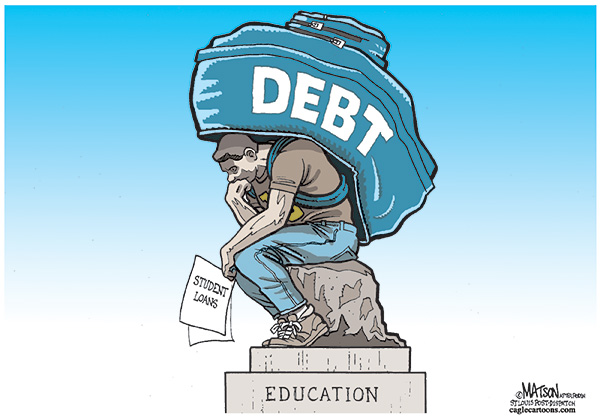Last week it was announced that Kim Carr has been given the higher education portfolio in the new Rudd government. Carr stated that his first task was to deal with the university sector’s funding cuts which are being used to implement the Gonski reforms to school funding. One way in which this may be achieved is to change the demand-driven system that has seen an extra 190,000 students pursuing undergraduate courses in Australia. Although Carr acknowledges that this has enabled more students from low socio-economic backgrounds to enrol in a degree, he is concerned about ensuring quality and excellence in the Australian higher education system.
Andrew Norton responded with a piece in The Conversation stating that a re-capping of the system will ration places on the basis of prior academic ability, and will disproportionately effect lower socio-economic groups. This outcome seems in contradiction to traditional labour party values of course, and the Gillard government’s goal of 40% of all 25 to 34 year olds having a Bachelor level or above qualification by 2025. But what is also problematic about Carr’s assertion is that the higher education system in Australia cannot expand in order to meet demand without compromising on quality.
The Australian government isn’t alone in facing this problem. In the UK, tuition fees have been increased substantially whilst teaching budgets have been cut, and government funding has been shifted to prioritising research. The US higher education system is also embroiled in debates about the rising cost of tuition fees and student debt levels reaching $1 trillion.
Martin Weller indicates in a recent article in The Conversation, that some of the current enthusiasm for MOOCs is a reaction to the crisis in higher education funding. People both within academia and outside of it (‘edupreneurs’ if you like) are trying to think of different ways of resolving this global problem. Audrey Watters and some other well known advocates of higher education, have recently convened a Bill of Rights and Principles for students to assert their needs and rights in a digital world. As she states, ‘We believe that online learning represents a powerful and potentially awe-inspiring opportunity to make new forms of learning available to all students worldwide, whether young or old, learning for credit, self-improvement, employment, or just pleasure. We believe that online courses can create “meaningful” as well as “massive” learning opportunities’. Online learning is certainly one way of scaling higher education if done properly.
Finally, back to the current state of higher education policy in Australia. What are Tony Abbott’s plans for the higher education system exactly? In all the leadership turmoil in the Labour party it’s been difficult to find out more about this, and the Liberal Party haven’t been very happy to oblige with further policy details. At his address to the Universities Australia conference in March he raised various points, including a focus on online learning as a way of both reducing the cost of provision, adding value and widening access for students. He also announced a new Coalition working group chaired by Alan Tudge. But that’s about all that we know so far.

